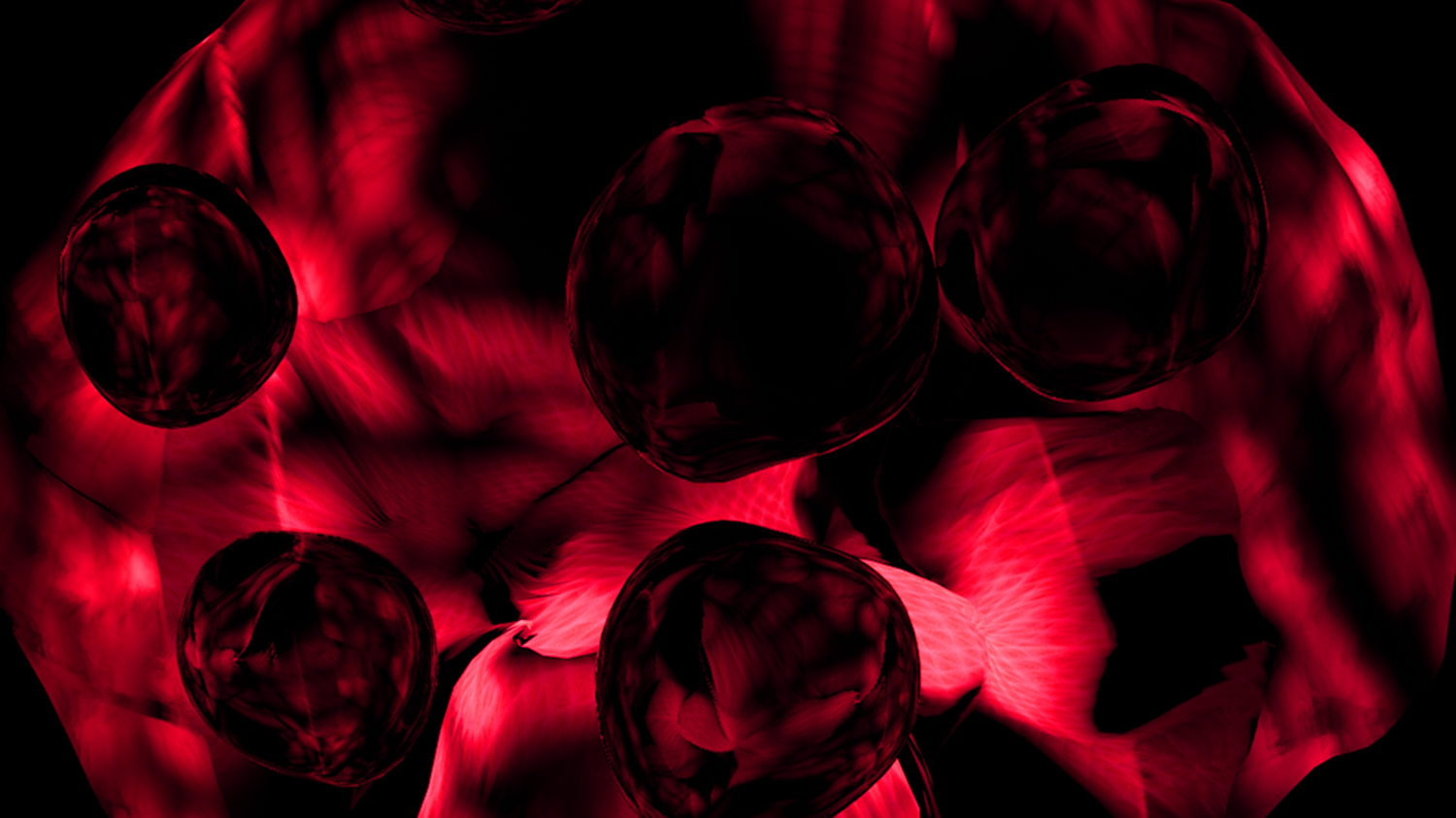Tuesday, 30 June 2020, 7.30 pm, online
– PLEASE NOTE: The workshop is now fully booked. –
Workshop with
Lesley-Ann Brown | Dorine van Meel
In this second session of the Plural Wombs Research Group, Lesley-Ann Brown will address historical and present-day forms of colonialism, racism and state violence through the work of bell hooks, in particular from the book Killing Rage, Ending Racism. Looking at hooks’s notions of white supremacist capitalist patriarchal culture, Brown will use the session to think through strategies to dismantle white supremacy and combat racism. She will also introduce her book Decolonial Daughter: Letters from a Black Woman to her European Son and address the need to understand history outside of the dominant narrative.
The research group takes place online and there are 20 places available. If you would like to participate, please send an email to pluralwombs@gmail.com. You will receive two texts and all practical information one week prior to the meeting.
The first part of the session will consist of a presentation by Lesley-Ann Brown, followed by a discussion with the participants. After the event has taken place, we will make Lesley-Ann Brown’s presentation publicly available on the websites of diffrakt and Kunstfort bij Vijfhuizen.
Plural Wombs Research Group | #2 Lesley-Ann Brown reads bell hooks from Dorine van Meel.
Lesley-Ann Brown is a mother, TEDx speaker and author originally from Brooklyn, New York, who feels passionately that in order to create a better world we have to understand the various histories that got us here. Her work is intersectional, as her being stands on the very crossroads of race, gender and class. In 2007, she created the blog blackgirlonmars, forging a space for herself in otherwise alien-terrain and inspiring others to do the same. Her book Decolonial Daughter: Letters from a Black Woman to her European Son (2017) explores, through the lens of motherhood, issues such as migration, identity, gender, nationhood and how it relates to land, forced migrations, imprisonment and genocide. Her upcoming project From 1492 to Black Lives Matter is a combination of a talk and/or workshop that will not only facilitate a more comprehensive understanding of race and how it impacts us today, in our world, but also how we can co-create a better future for ourselves and loved ones.

Plural Wombs is a collaborative project that brings together a number of cultural practitioners, theorists and activists working on the subjects of social reproduction, reproductive justice, and the political dimension of parenthood. In confronting these subjects, we are committed to a multi- gendered feminist approach and the exploration of different possibilities of familial relations beyond their bourgeois, patriarchal and heteronormative forms.
In light of the current crisis, we believe that it has become only more urgent to explore what a commitment to polymaternal kinship might look like today and how the experimentation with such forms of kinship could make different structures of support and care possible. We have therefore rethought the project under the present conditions and changed its form to an open research group organised around online meetings where participants each time discuss and work through one text of a relevant thinker. These sessions will be led by invited artists and theorists engaging with these themes and texts in their practices.
Plural Wombs is initiated by the artist Dorine van Meel and has been made possible through additional financial support from the Mondriaan Stichting. The Plural Wombs Research Group is organised in collaboration within diffrakt’s reading group programme as well as Kunstfort Vijfhuizen.
Dorine van Meel is an artist based between Berlin and Amsterdam. Her practice unfolds in collaborative and discursive projects that may result in moving image installations and performances. By researching the work of feminist, queer, and decolonial thinkers she enquires into the operating modes of power structures and strives at developing a set of artistic tools to deconstruct existing patterns of thought and behavior as well as challenge their common acceptance.
